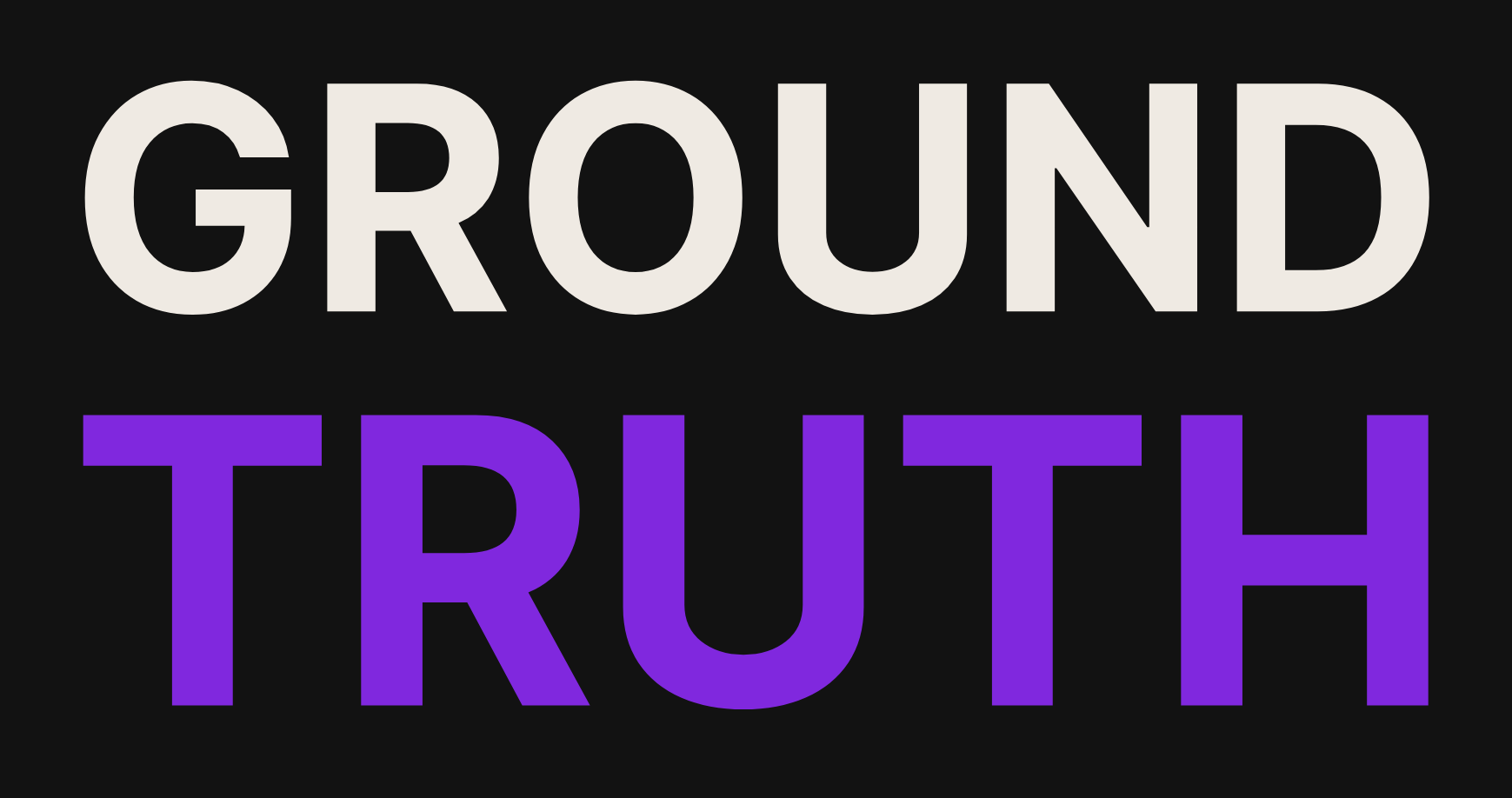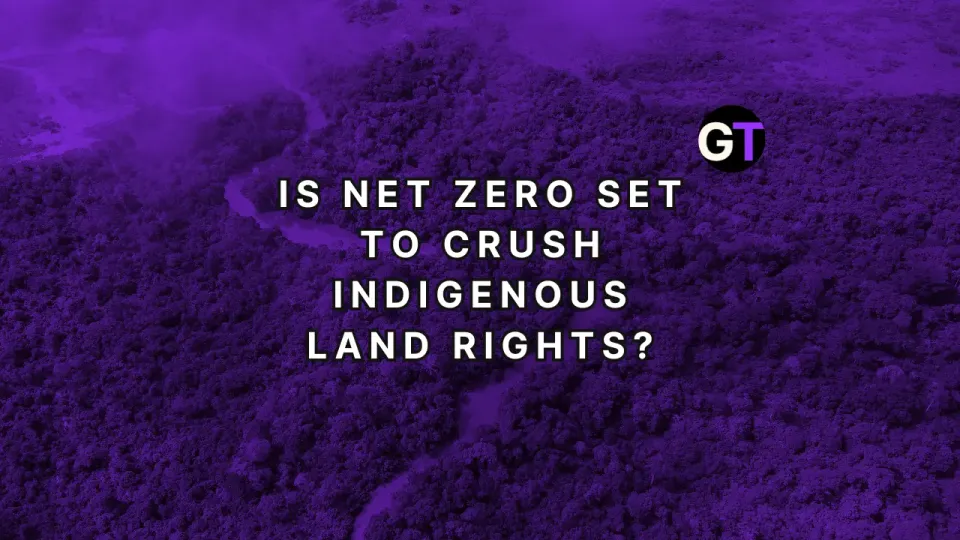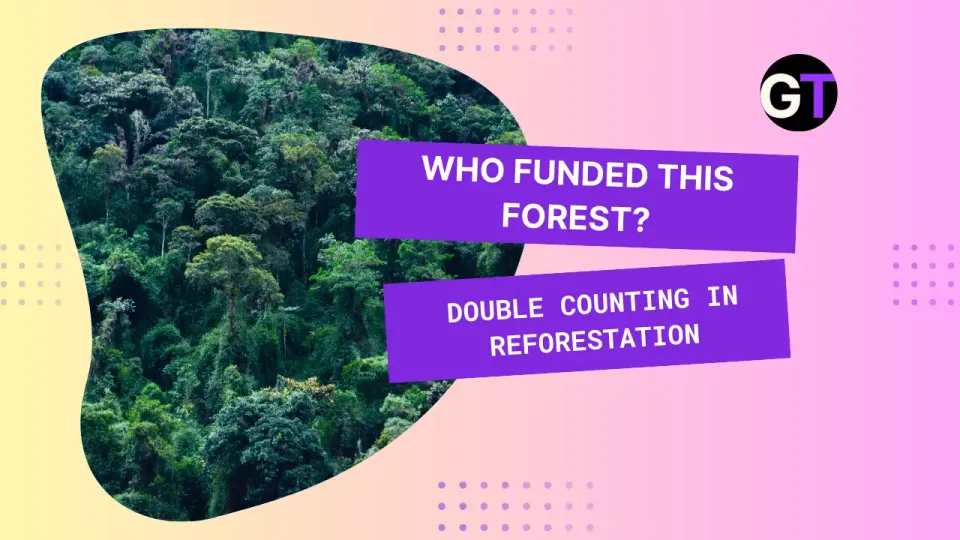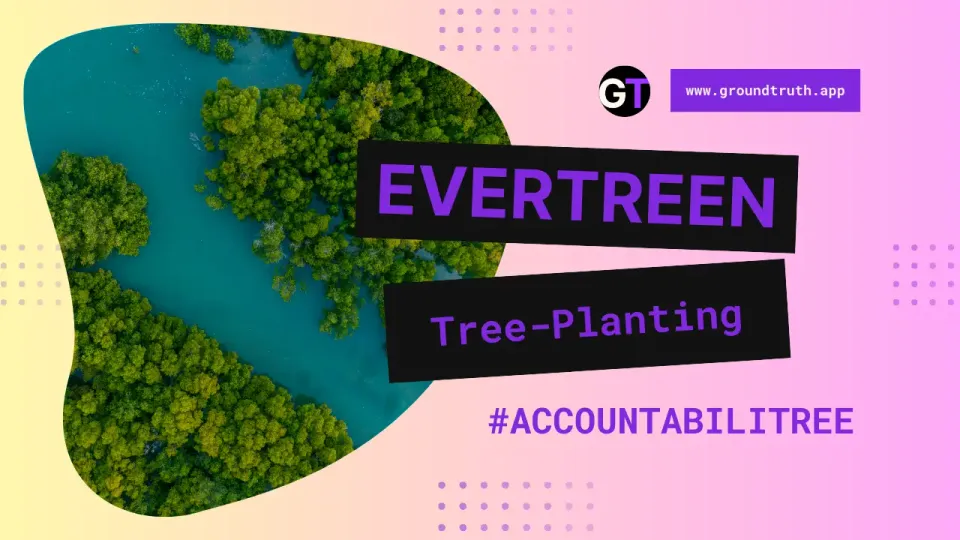Native Seed Laws Challenge Brazil’s Reforestation 🌱🇧🇷
Brazil’s legislation doesn’t yet support a sustainable native seed market that can keep pace with its restoration goals.
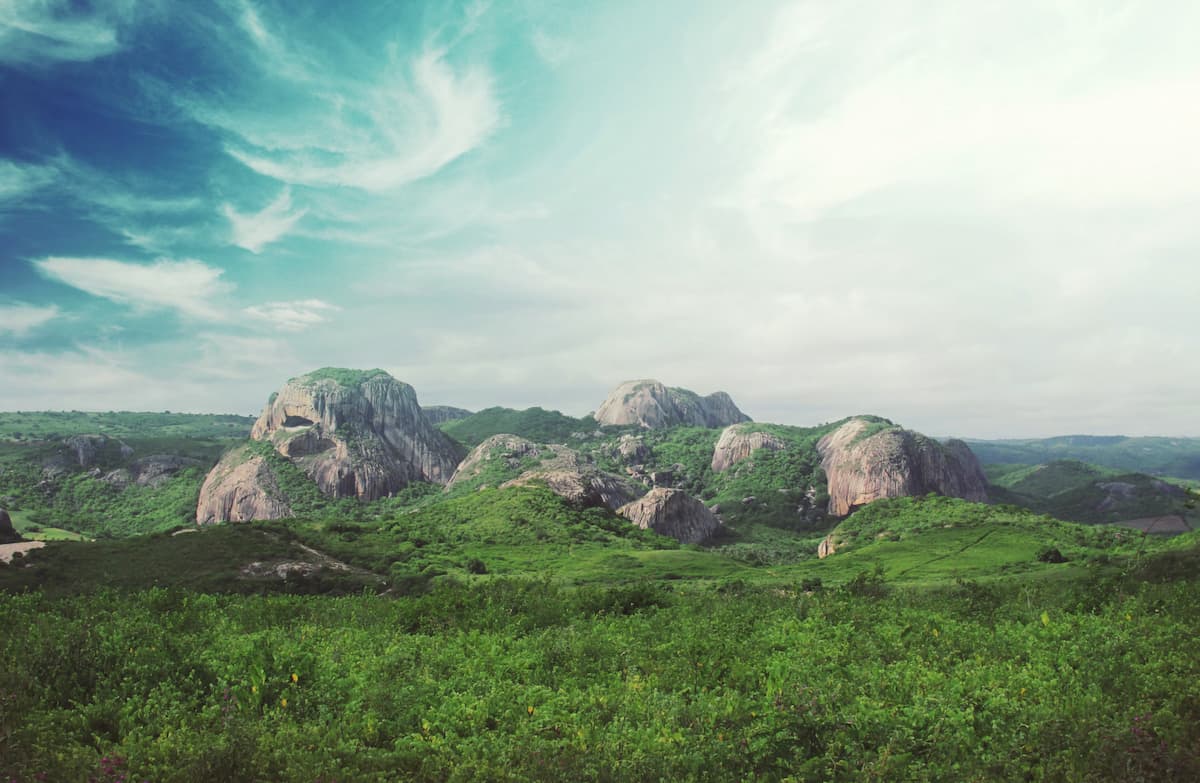
This article by Shanna Hanbury originally appeared in Mongabay.
A recent study found that collectors of seeds of native plant species in Brazil lack the legal framework needed to achieve the nation’s large-scale reforestation goal.
Last month, Brazil announced a reforestation plan for 12 million hectares (30 million acres) of degraded land over the next five years, an area half the size of the U.K. And while tons of seeds will be required to meet this goal, local seed networks say the collectors working on the ground are yet to see an increase in demand.
Brazil’s legislation doesn’t yet support a sustainable native seed market that can keep pace with its restoration goals, study lead author Rodrigo Dutra-Silva, an agent at Brazil’s federal environmental agency IBAMA, told Mongabay by phone.
Dutra-Silva and his colleagues looked at how collection of native species seeds is structured in countries such as Australia, Chile, Germany and the U.S., to propose a better framework for Brazil’s seed laws, identifying crucial bottlenecks and gaps.
“When we talk about demand, for example, the United States is the largest buyer of native seeds in the world. Why? Because they use them to restore public lands,” Dutra-Silva said. But there’s no stable demand in Brazil, he added, suggesting the country’s government could drive consistency by purchasing seeds to restore its conservation areas.
In Brazil, the seed collection market also functions through grassroots structures rather than formal government institutions, and suffers from poor legislation and lack of long-term support, the study found.
While some states offer temporary tax exemptions on seeds, there are no permanent or nationwide financial incentives such as tax cuts or subsidies to support the work of seed collectors, Claudia Araújo, a forest engineer and the socio-biodiversity coordinator of the Xingu Seed Network, who wasn’t involved in the study, said in a phone interview.
“I think there should be more support. The government creates some targeted projects, but accessing them is very difficult, especially considering our size. It should be less bureaucratic, with fewer barriers,” Araújo added.
Another bottleneck, the study found, is Brazil’s limited number of seed-testing labs. Only 11 labs across Brazil are currently accredited to test native seeds, which limits quality control and reliability for restoration purposes.
“Results can take up to six months, and by the time it comes out, seed viability may already have diminished,” Eduardo Malta, one of the leaders of Redário, a coalition of seed collector networks, told Mongabay by phone. Instead, he said, a wider selection of labs should be able to test native seeds. Malta was not involved in the study.
To meet reforestation goals, Brazil needs to build a legal structure to support seed collectors, including policy changes and reliable demand from government-backed projects, Dutra-Silva said.
CREDITS
Shreya DasguptaEDITOR
License
Hanbury, Shanna. "Weak Laws on Native Seeds Undermine Brazil Reforestation Efforts: Study." Published on November 15, 2024. Republished under a Creative Commons Attribution ND 4.0 license.
